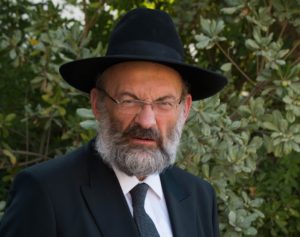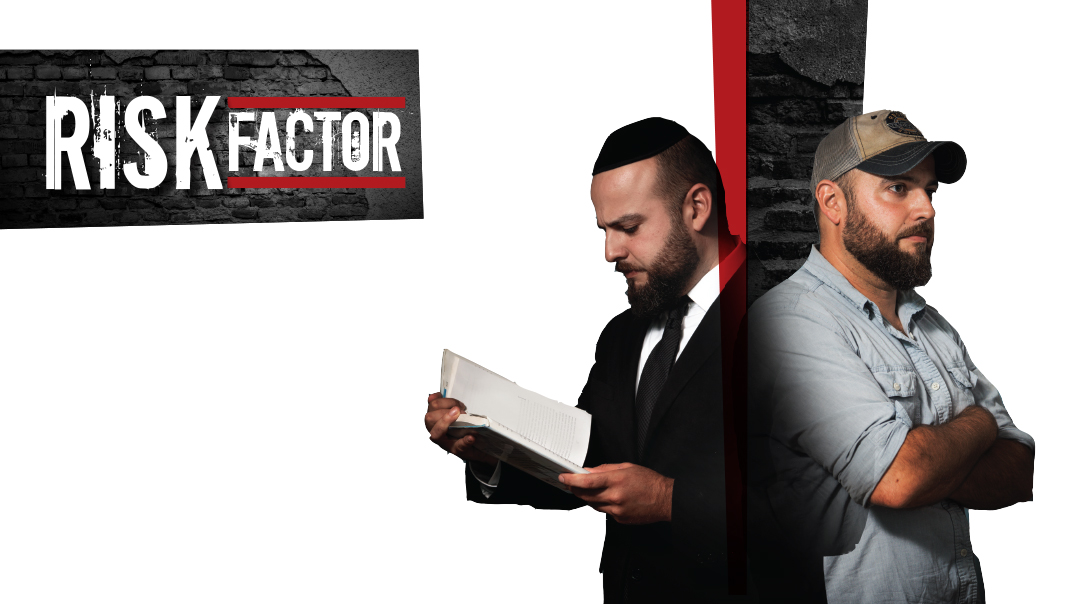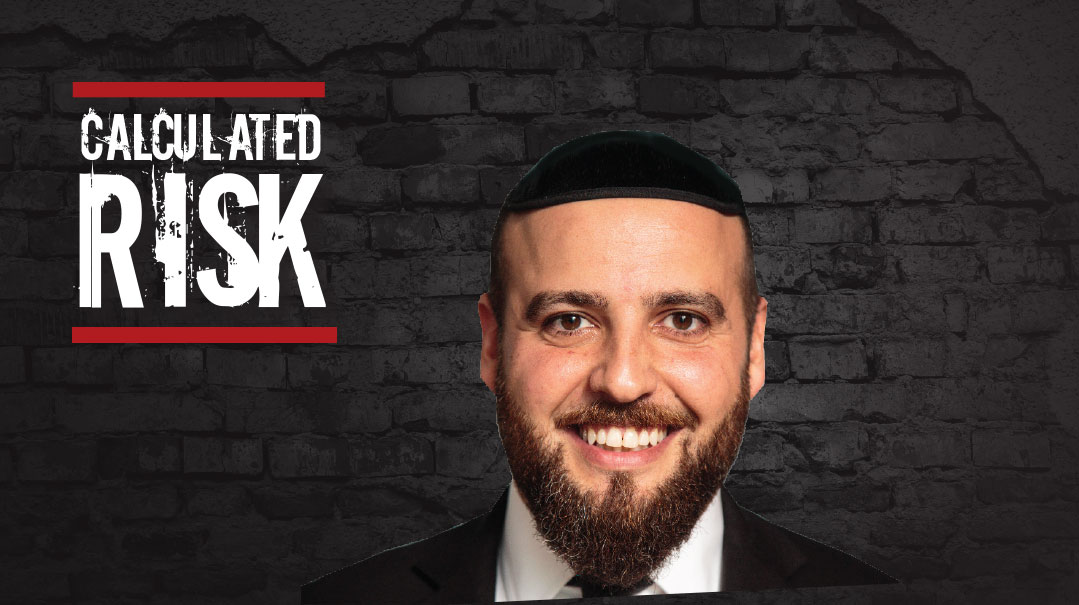The Weary Heart
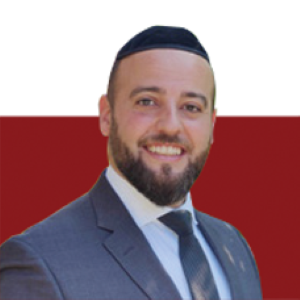
“I meant what I said. You’re better than all this garbage. When you’re ready, give me a call"
A
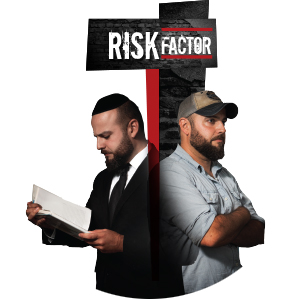
“So if you ain’t buying, what you hollering at me for?” he asked, looking at me suspiciously.
We were facing each other on a set of old couches in his basement. The coffee table between us was loaded with an assortment of marijuana.
“You seem like a smart guy, Samuel,” I told him. “I think you know why I’m here.” I smiled at him.
He held my gaze. “This about that fool who got Oded?” he demanded. “You a cop?”
“You know I’m not,” I said.
“I didn’t sell to that kid, man!” he yelled. “I don’t sell to Jewish kids.” He gave me a look, like I had offended him. “Look, man, stop playing games, what do you want? You here to tell me that if I don’t stop selling, you’re gonna call the cops? Go ahead! I’m done with this, man!”
He paused for a moment. I had a bunch of questions, but it was really important that I keep quiet. He would tell me a lot as long as I didn’t interrupt him.
“Yo, if a kid calls me, I tell him I don’t got nothing. What more do you want? Been like this my whole life. The man got no one to blame so he comes after me ’cause he feels threatened. They got a problem with their kids using? Tell them to talk to their kid, not me! Look, man, if I ain’t selling, someone else is. And you never know if what that guy is selling is safe.” He was pleased with this argument.
“How does anyone know if what you’re selling is safe?” I said. “A kid almost died.”
His face grew dark. He looked at me, visibly disgusted. “What you say?” he said in disbelief. “Are you trying to get hurt?”
I spoke calmly, trying to de-escalate the situation. “Look, all I’m saying is people have a right to be worried.”
“Oh, so you going around to every supplier and giving them a warning or something?”
“Something like that. I mean, what would you do if it were your kid?”
“My kid ain’t gonna be using,” he said quickly. “I don’t gotta worry about that. Besides, who are you that these people want you involved? The Jew mafia or something?”
We both laughed.
“No, I’m just a guy,” I said. “But I feel for these people so I try to help.”
“I feel that.” He turned pensive. “You know, we’re not that different. I help people too. Most people who come to me are just trying to have fun so I make sure they know how to do it safely, you feel?”
I leaned forward. “Samuel, make no mistake about it, no one comes to you because they want to have fun,” I said flatly. “They come to you because they’re in pain. They want a distraction from that pain.”
“That’s right, I help them with their pain.”
“No, you help them forget their pain for a bit, but when they’re not high, that pain is back just as bad, if not worse. These kids aren’t just here to have fun. They’re here because they’re struggling, and instead of communicating their problems and working through them, you’re helping them get worse. No offense, but we’re not the same.”
Samuel stared at me for minute, then waved a hand. “A little weed never hurt nobody,” he said.
“Tell that to everyone who is hurt by their kid using drugs instead of working through their issues.” I made eye contact. “Look, Samuel, I’m not saying you’re doing it intentionally, but that’s what’s happening. These kids are hurting and you’re making it worse.”
Something changed in Samuel’s eyes. For a fraction of a second, he looked like he got it.
Then it was gone. “Man, I’m just supplying a good time, is all,” he said.
“Two Gun Crowley,” I muttered. I leaned back and rubbed my temples.
I was here because I felt bad for a Yiddishe mama, desperate for someone to save her grandson and other kids in the community. She had barely been able to choke out the words between uncontrollable sobs. The information had all come back to Samuel. But this was going nowhere.
“What’s that mean?” Samuel asked.
I looked up. “What’s what mean?”
“Two guns?”
“Oh — Two Gun Crowley. He was a mobster, about your age, 18, 19, I forget. He killed a bunch of people and some cops. I read about him when I was younger.”
“So what does that have to do with anything?” he asked.
“Well,” I started to explain, “Two Gun had a major shootout with the police before he was captured. During the shootout he wrote a letter—”
“Wait, hold up, he wrote a letter in middle of a shootout?”
“Think of it like he was sending a text,” I said, rubbing my face again. “The point is, in the letter he wrote, ‘Under my coat is a weary heart, but a kind one, one that would do nobody any harm.’ ”
“I don’t get it,” he said.
“The point is, he was a mass murderer and he couldn’t see why that was wrong. You’re thinking you’re just helping some kids have fun, but you’re ruining their lives. People have this way of making themselves sound innocent. But you’re helping these kids ruin their lives and their relationships with their families — there’s nothing innocent about that.”
“Hey, don’t judge me, bro, you don’t know me!”
“Actually that’s not entirely true, Samuel.”
He folded his arms. “Yeah?”
“There’s a big difference between you and Two Gun, Samuel. Two Gun was lying. He had a lump of coal instead of a heart. But you, Samuel — you got heart. You’re a good man. And I think you’re a pretty smart guy as well.”
I stood up and pulled a card out of my pocket. I handed it to Samuel.
He looked up at me in surprise.
“I meant what I said. You’re better than all this garbage. When you’re ready, give me a call. We can show everyone else what we both already know.”
He just stared at me. I wasn’t going to make him say it; his eyes said it all.
I left through the basement door, got into my rental car and drove 15 feet down the block. I pulled over and waited ten minutes, then got out of the car and walked back to the house. This time I walked up to the front door.
I knocked softly. An old woman, the picture-perfect Yiddishe bubby, answered the door.
“I have to catch a flight back home,” I explained.
“Did you meet with Shmulik?” she asked in a heavy Yiddish accent.
“Yes. He’s a good boy. Just a little lonely and misled. I think he’s going to do big things. But it’s going to take time.”
She tried to smile, but started sobbing instead.
“Mrs. Cohen, it’s going to be okay.”
“How do you know?”
“Because he has a kind heart. Just a little weary.”
Identifying details have been changed to protect the privacy of patients, their families, and all other parties.
Rabbi Yossi Bensoussan serves as mashgiach ruchani at Yeshiva High School of Cleveland. He is a Certified Alcohol and Substance Abuse Counselor (CASAC) who currently maintains a private practice, and does motivational speaking and community education on addiction all over the US and Israel.
(Originally featured in Mishpacha, Issue 819)
Oops! We could not locate your form.






